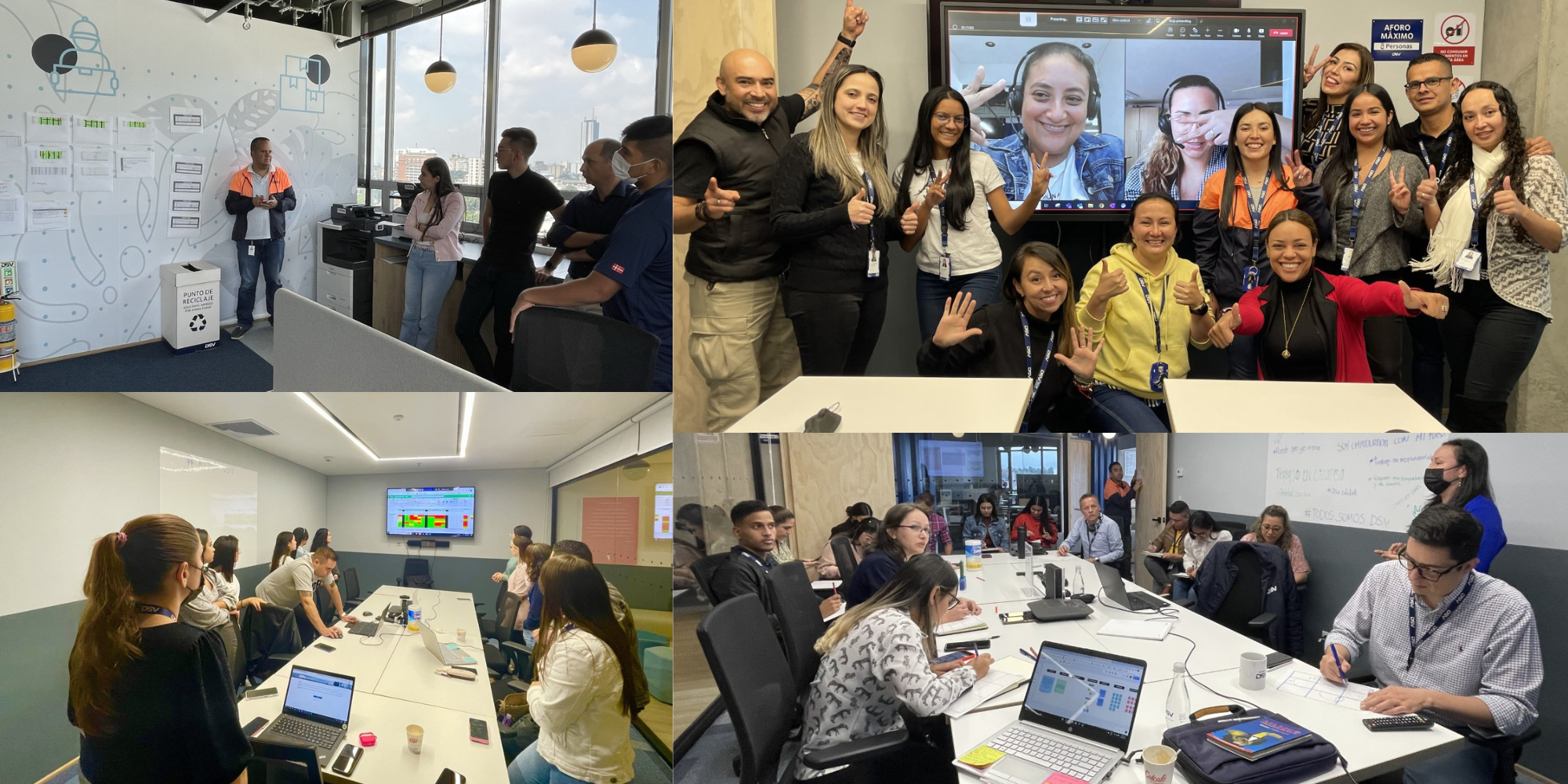
Research on lean transformations to feature at Dutch event
INTERVIEW – Ahead of this month’s Lean Experience Days in Holland, PL meets one of the speakers to learn about his research into the financial effects of lean transformations.
Interviewee: Arnaldo Camuffo, Senior Advisor of Istituto Lean Management and Professor at Milan’s Bocconi University
Planet Lean: What has your research mainly focused on recently?
Arnaldo Camuffo: I’ve been studying the financial performance effects of lean transformations, both on listed and private companies. I am especially interested in assessing the long-term impact of sustained lean. For the listed companies, I tried to determine whether undertaking and sustaining lean transformations generates abnormal financial returns on the stock market. For private companies, I focused instead on profitability, assessing the industry-normalized performance variation of small and medium enterprises seriously undergoing a lean turnaround.
PL: Why, in your opinion, does lean offer an opportunity for sustainable long-term results compared to other methodologies?
AC: Lean transformations are deep, comprehensive changes in the business model, in the management system and the organizational culture. Once the lean practices have been learned and metabolized, they become learning routines that can be applied to any business challenge. That’s why truly lean companies outperform their competitors and can sustain superior performance over long periods of time.
PL: Part of your work has focused on analyzing the role that lean can play in improving the Italian economy. What have you learned? And what opportunities lie ahead for Italy as well as for other "fragile" economies?

AC: There are lessons for business owners and managers and lessons for policy makers. To business owners and managers, especially of SMEs, embarking on a lean transformation means to adopt a management system that forces disciplined decision-making, remaining oriented towards customer value and waste elimination. Processes that flow, “pulled” with minimum inventory, with a few managers at the complete service of qualified and motivated operators constitute the organizational basis that allows for the immediate detection of problems and for a structured and shared approach to solving them.
Entrepreneurs and managers who engage in waste and variability elimination through disciplined, collective problem solving are better equipped to see problems and rationally solve them, to perceive risks and avoid them. For the new generation of Italian entrepreneurs and managers who did not experience the “natural poverty” of the Second World War that their fathers experienced, building a management system with these characteristics is in some way a mandatory step to building a discipline that will ensure the return to growth.
To policy makers, the challenge is to create the conditions to maximize the numbers of firms (especially small businesses) that undertake lean transformations and then also make sure to maximize the probability that they will do it correctly and that they will survive and thrive. But they face two other, even more important challenges: the first is to support lean startups, as it is better to be born lean than trying to transform later; the second is to instill the “lean genes” early on by teaching lean in schools. Lean thinking might turn out to be the most revolutionary and impactful technology of the century.
PL: What can attendees of The Lean Experience Days in the Netherlands expect to learn from your presentation?
AC: Attendees will learn: why and how to undertake a lean transformation that leads to sustained improvement in financial performance; the success and failure modes for the transformations of SMEs; how lean thinking might be used as an industrial policy tool to support the competitiveness of small and medium companies. Based on large-scale original research, I will explore the typical financial dynamics of the transformations of SMEs, what to expect during the transformation process and how to de-risk it. The Lean Transformation Framework – which will be discussed by John Shook at the same event – will be used to interpret the typical lean transformation patterns, as well as their triggering and facilitating factors.
THE INTERVIEWEE

Read more


CASE STUDY – This transport and logistics company in Colombia has turned to Lean Thinking to become more adaptive and ensure an easier post-acquisition integration of new cultures.


FEATURE – A senior executive of a Spanish hotel chain shares an example of how the organization’s management system and visual tools have changed over time.


VIDEO GEMBA WALK - Last week PL went to Brazil. We joined a doctor at the gemba in one of the hospitals we visited and asked her to show us their visual management system in the ER.


WOMACK'S YOKOTEN – As a new age in aerospace dawns, with a need to move from huge and bespoke designs to affordable and high-volume production, lean thinking has a key role to play. But will the industry listen?

